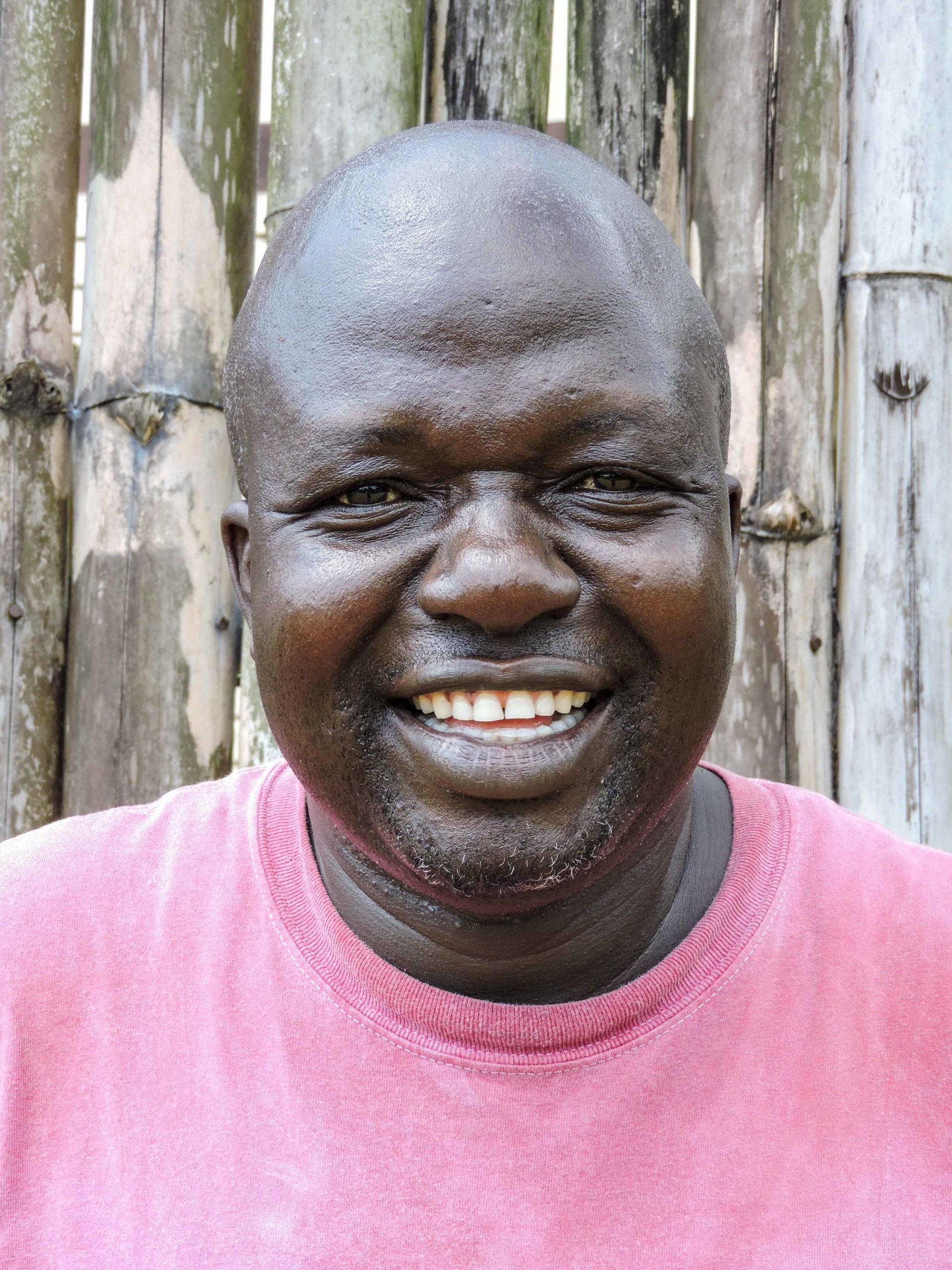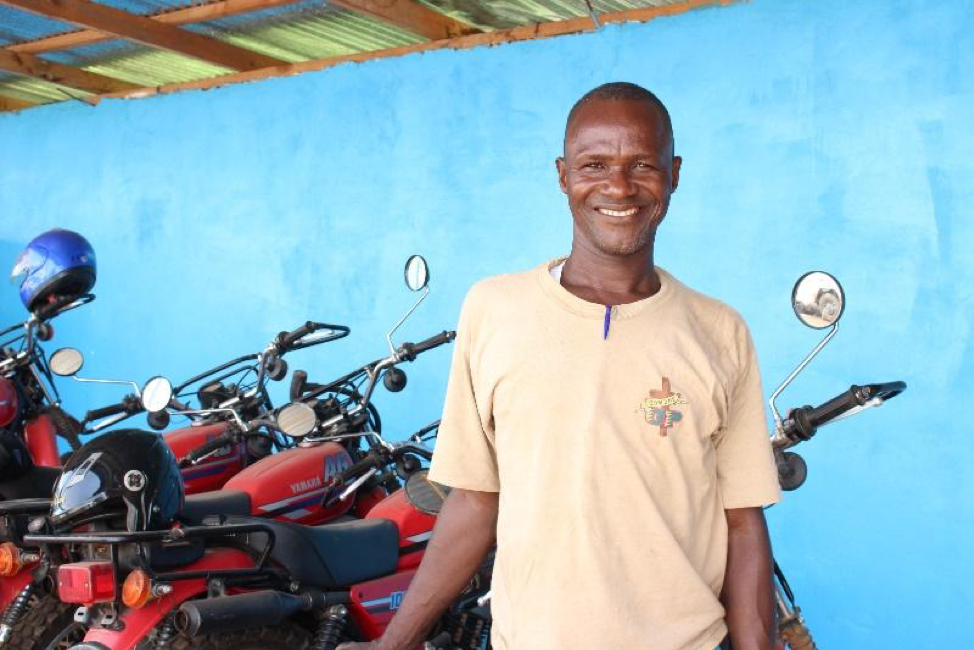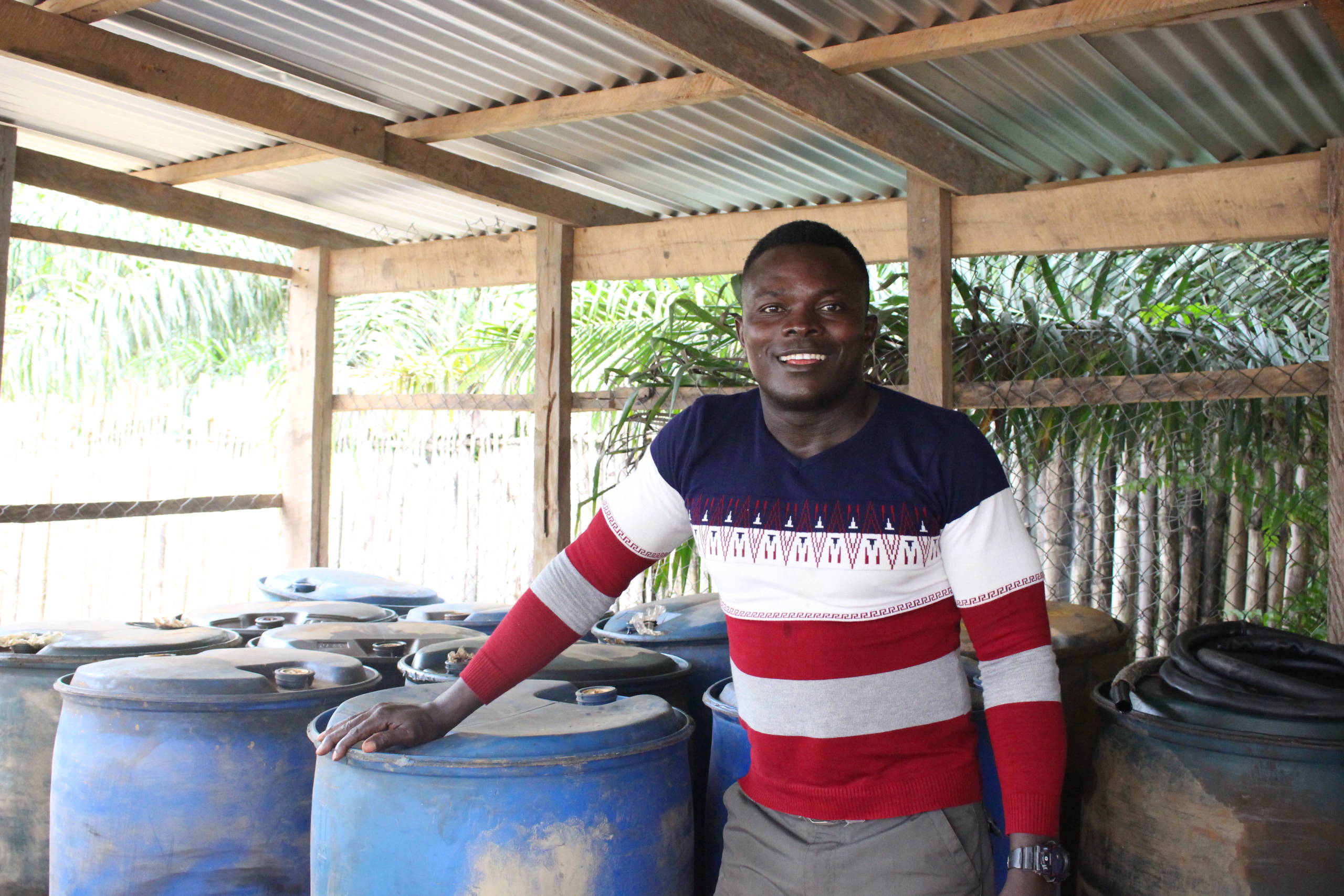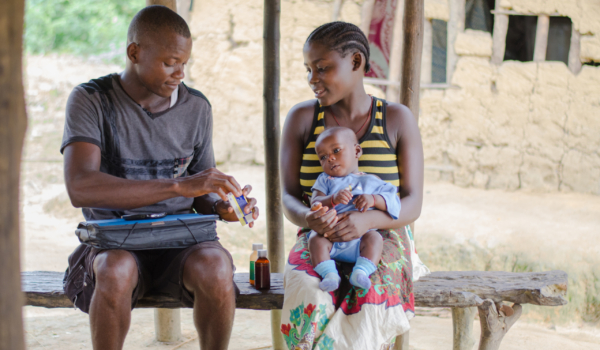As Liberia enters the height of rainy season, health workers around the country brace themselves. Monrovia may hold the title for wettest capital city in the world, but it’s the rural and remote areas that are most impacted as rivers swell, bridges wash away, and roads turn into rivers of red mud. With only 7% of the country’s roads paved, already poor road conditions are compounded when heavy rains render roads impassable.
But despite the change of seasons, the demand for health services never stops; it is business as usual for the partners and health workers who make the National Community Health Assistant Program possible. Ultimately, the work of saving lives in Liberia’s most remote communities would not be possible without our dedicated operations staff who truly embody our value: we go as far as it takes for our patients. Building strong operating systems has been fundamental to Last Mile Health’s work, demonstrating that the delivery of lifesaving care in the world’s remote communities is not only necessary, but possible.
Amara Sheriff, Last Mile Health’s Fleet Manager, knows these challenges first-hand. In 2018, he was stuck in the mud for 12 days straight while traveling to Last Mile Health’s site in Grand Gedeh County. As a fleet manager, he plays a critical role in supporting the transportation of critical supplies and staff who make our work possible. Despite the challenges, he says, “still, at LMH, we move. Because we work at the last mile. And we make sure our patients are treated and we reach those most in need.”
Grand Bassa Operations Manager Magdalene Harris is proud of the role her team plays in bringing essential medicines and health supplies to Liberia’s most remote communities. With 55% of Liberia’s population living more than 5km from a paved road, and 27% living more than 30km from one, building and managing supply chains that extend all the way to remote communities is no easy feat – especially during the rainy season. But Magdalene’s motivation is simple: “we are saving lives by ensuring commodities are distributed to the Community Health Workers.”
Last Mile Health’s Operations team is constantly working to strengthen our internal systems to improve efficiency and effectiveness – from installing solar power in our field offices, to limiting the need for vehicle maintenance and repair.
Kemoh Keita is a roving mechanic based at Last Mile Health’s Grand Bassa field office. Mechanics like him are essential to ensuring our staff can safely operate our fleet of 16 vehicles and 141 motorcycles despite driving in some of the most difficult terrain.
When a vehicle is out of commission for repairs, it impacts the ability of frontline health workers to provide supervision, restock medical supplies, and share data from the community level. To prevent this, the team now implements a roving mechanic model that places mechanics like Kemoh at field offices to do preventative maintenance and conduct repairs. Ever since he trained motorcycle riders in conducting basic repairs, breakdowns have decreased significantly – ensuring no interruption to the essential work of community-based healthcare delivery. He said, “Now I don’t see them catching a hard time with small problems. And no one complains ‘my bike breaks down’ – no!”
Operations Assistants like Didesco Brownell also play an essential role in keeping things moving. Responsible for distributing fuel to motorcycle riders and ensuring sufficient supplies of fuel at the Rivercess office – where the nearest filling station is around an eight-hour drive away – Didesco and the team meticulously track fuel usage and needs, enabling frontline health workers like nurse supervisors to conduct their essential work.








